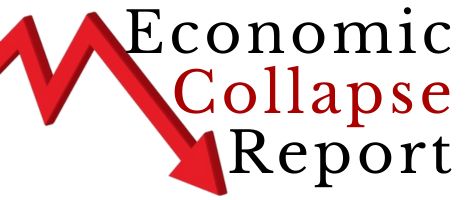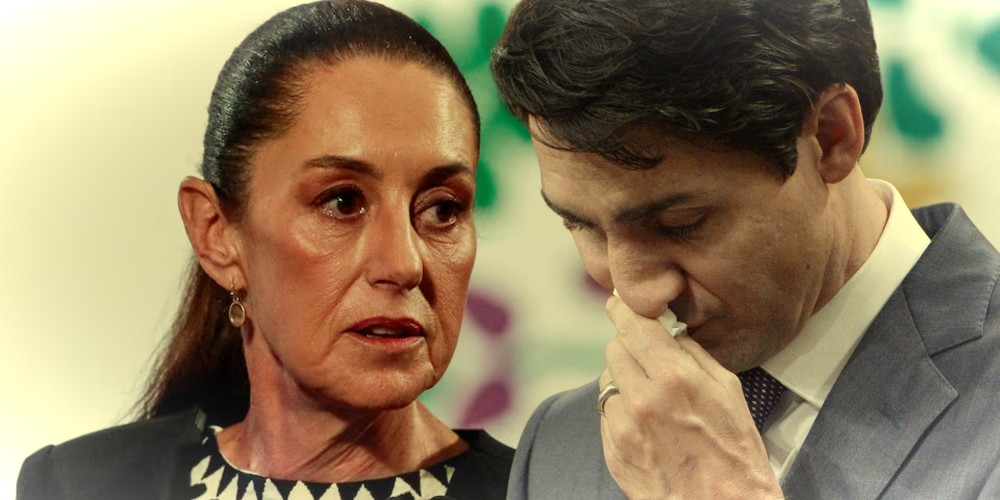On Saturday, amidst escalating trade tensions, Canada and Mexico announced they would impose retaliatory tariffs on U.S. imports in response to President Donald Trump’s decision to levy tariffs on goods from both countries. Trump’s executive order, which came into effect on Tuesday, imposed a 25% tariff on imports from Canada and Mexico, citing the flow of illegal immigrants and drugs into the U.S. as the rationale.
Canadian Reaction
Canadian Prime Minister Justin Trudeau held a press conference to express his disappointment and frustration with the U.S. decision, describing it as a betrayal to Canada, a long-time ally. In response, Canada declared it would match the U.S. action by placing a 25% tariff on up to $155 billion in American goods.
Trudeau detailed a phased approach: tariffs on $30 billion worth of U.S. products, including alcohol and fruit, would go into effect immediately starting Tuesday, with an additional $125 billion in tariffs to follow in 21 days. This strategy, he explained, would give Canadian businesses time to adjust. Trudeau also urged Canadians to prefer Canadian products and services over American ones, highlighting the economic impact on both nations but especially on U.S. consumers.
Mexican Reaction
Mexican President Claudia Sheinbaum was equally vocal in her response, ordering retaliatory tariffs without specifying the exact targets but emphasizing Mexico’s commitment to defending its economic interests. Sheinbaum rejected Trump’s accusations of Mexico having alliances with criminal organizations, calling such claims slanderous and an unwarranted interference in Mexican sovereignty.
She stressed that resolving these issues requires cooperation, not confrontation, and pointed to the interconnected trade relationship where retaliatory actions could harm both countries. Mexico, like Canada, prepared to implement a series of measures to counteract the U.S. tariffs, potentially affecting a wide range of American imports.
Economic Implications
The imposition of these tariffs threatens to disrupt the North American economy significantly. Analysts predict increased costs for consumers and businesses, potential job losses, and a possible recession in Canada if the tariffs persist. Both countries’ leaders have acknowledged the adverse effects but insisted that the U.S.’s unilateral actions left them with no choice but to retaliate to protect their economies and populations.
The situation could lead to a broader trade war, with both Canada and Mexico signaling readiness for further economic countermeasures if the situation escalates. This retaliatory cycle could have long-term implications for trade relations, consumer prices, and the economic stability of all three nations involved.
Editor’s Note
As I noted in an editorial, this is the most America-First policy we’ve seen in decades. Instead of bowing down to other nations while ignoring the damage they’re doing to us, President Trump’s administration is taking the necessary steps to bring about a very bright future.
The naysayers and fearmongers will be proven wrong.
Article generated from corporate media reports.

